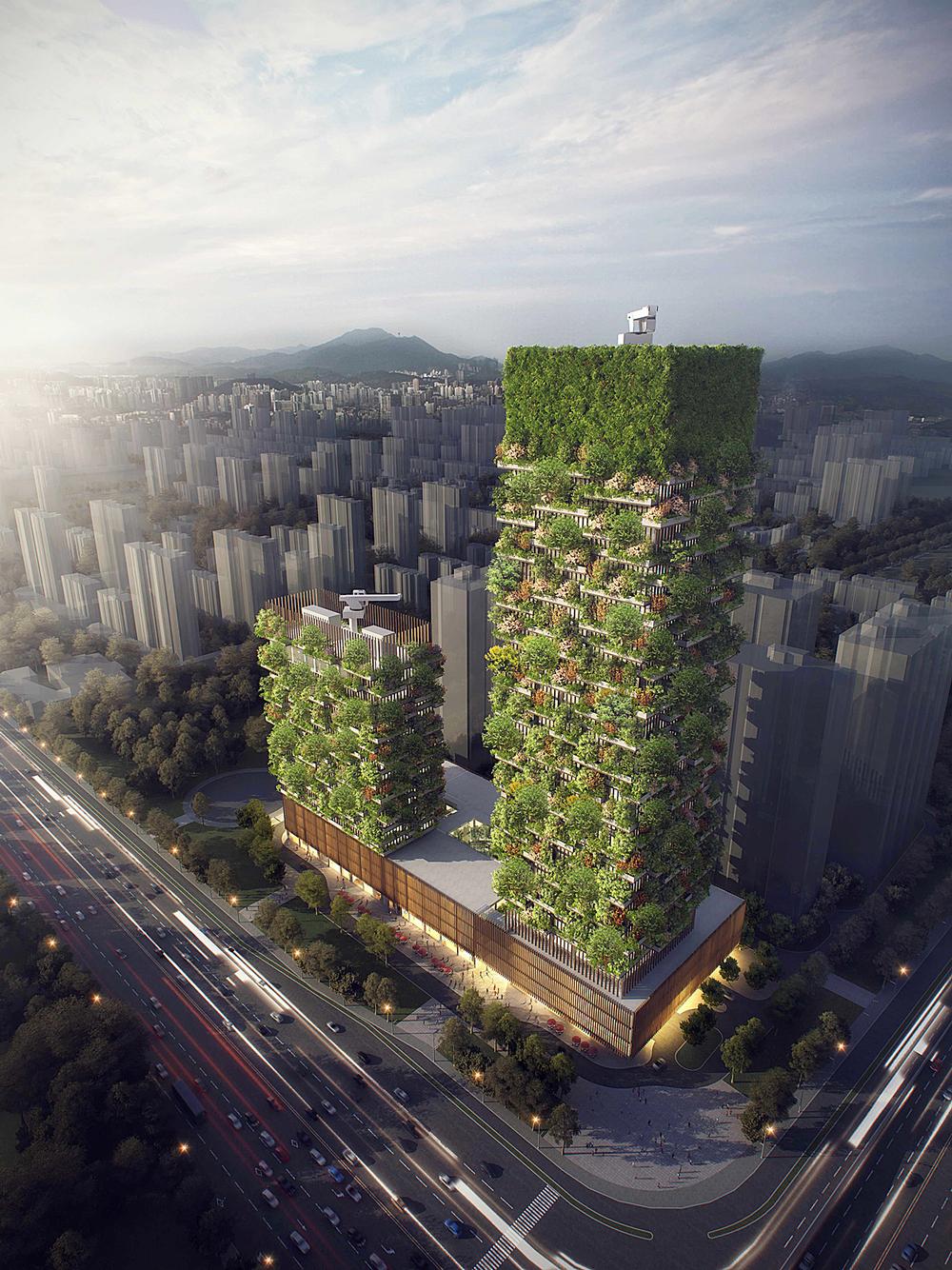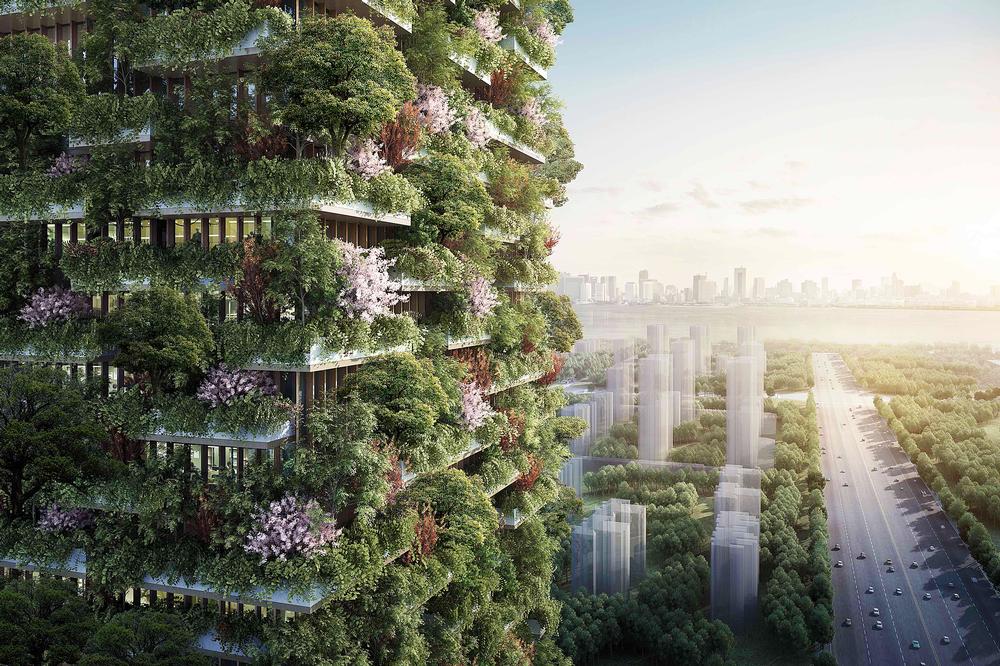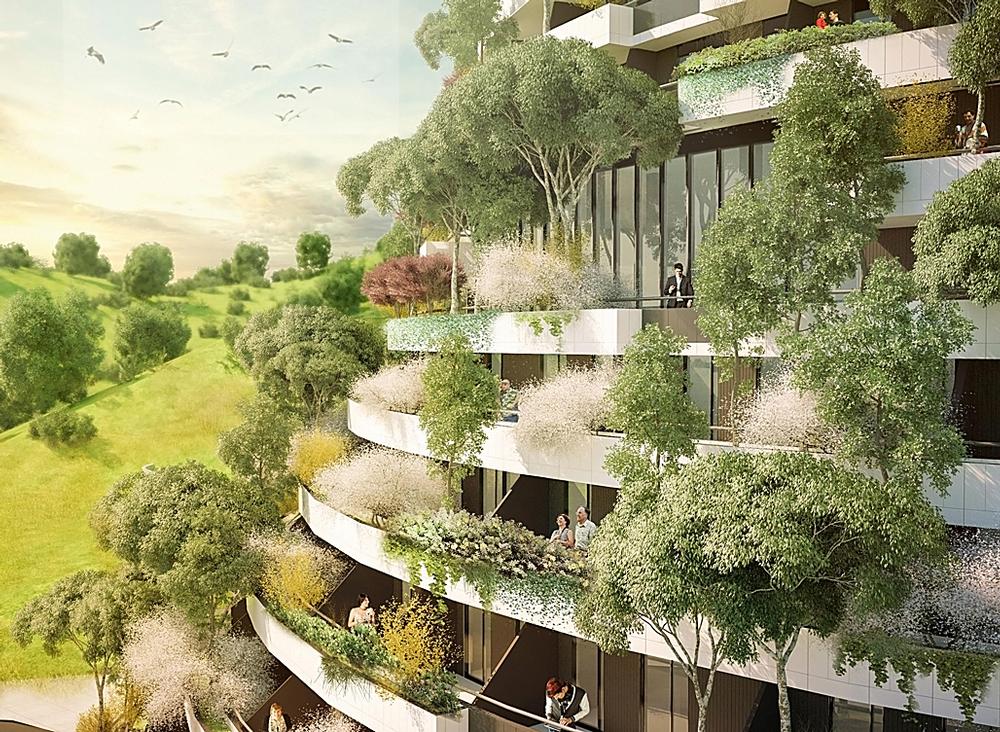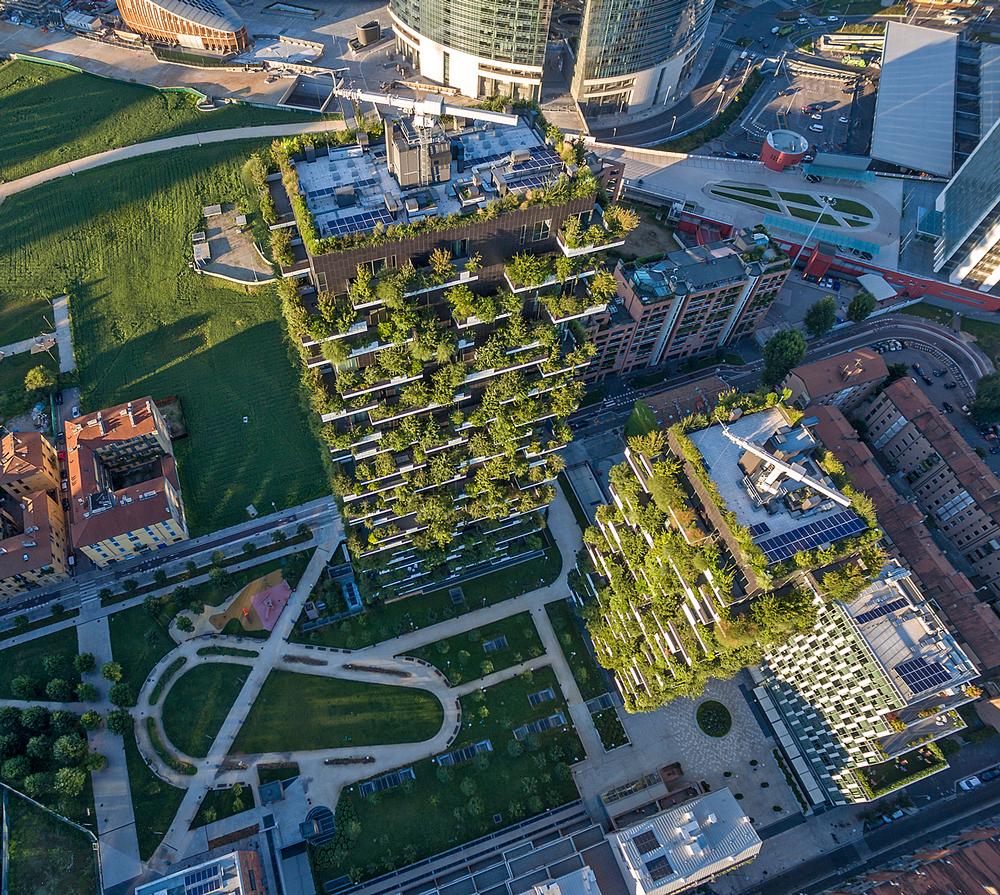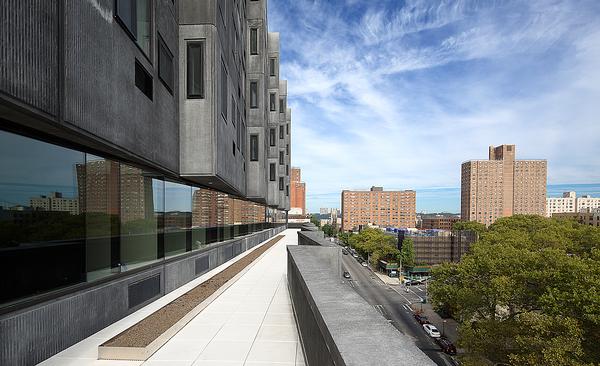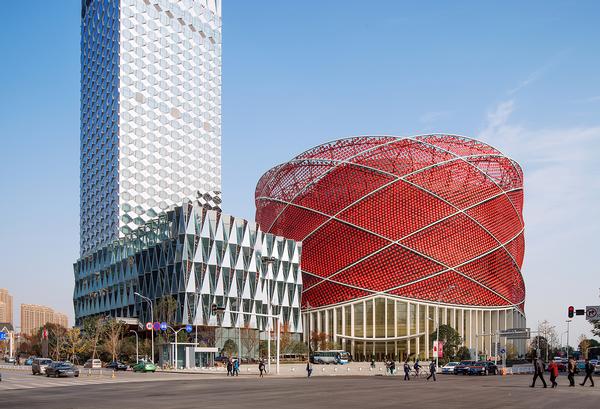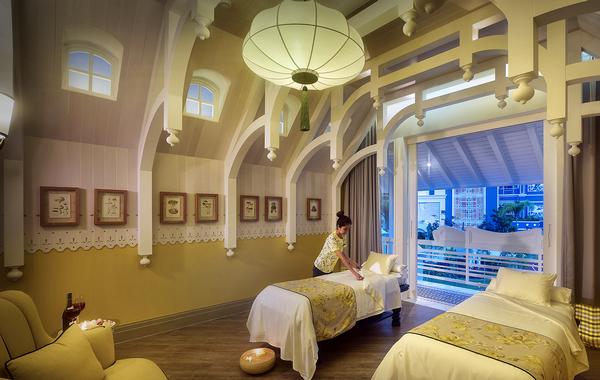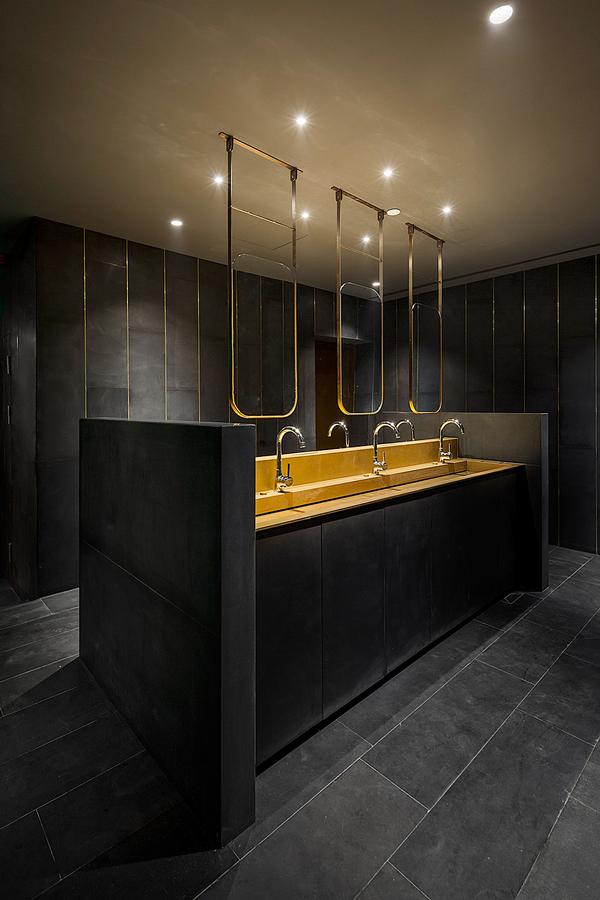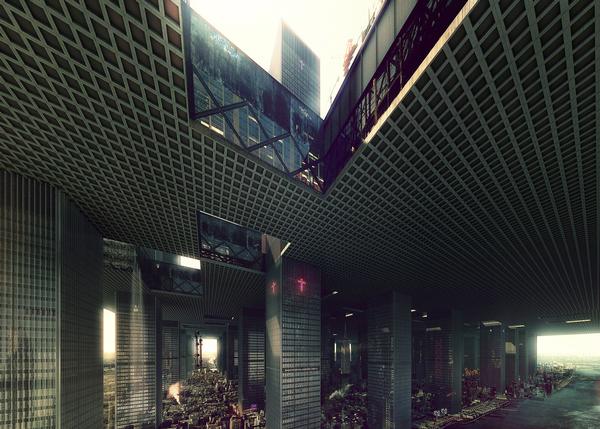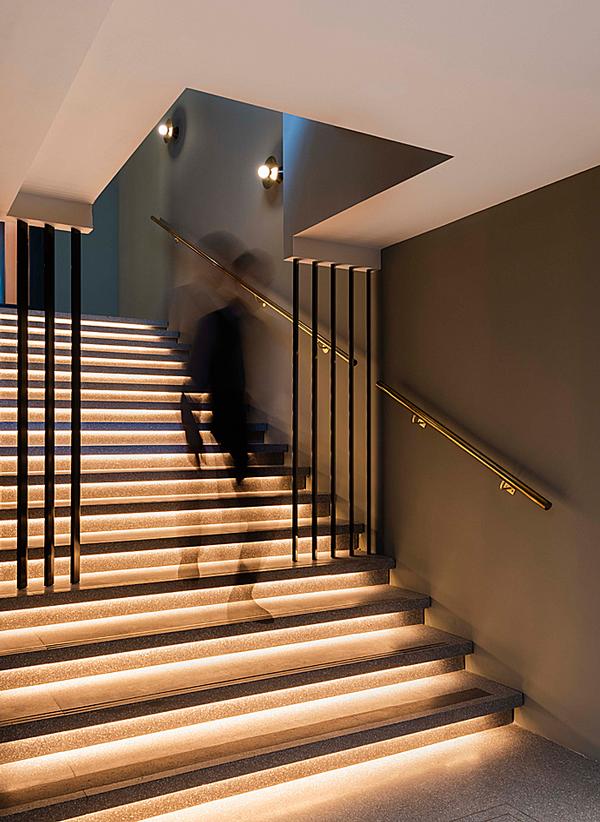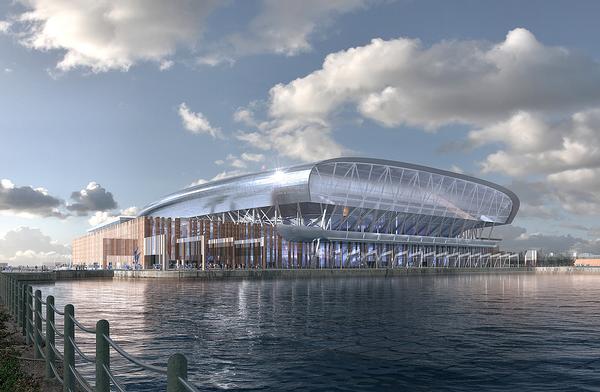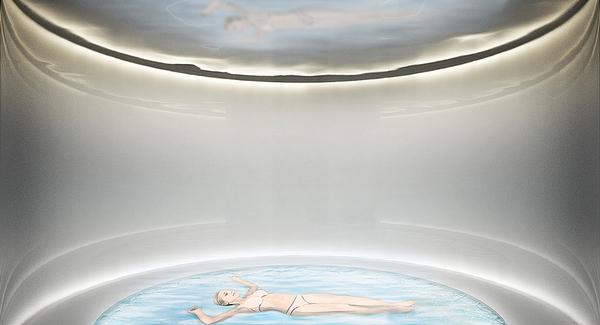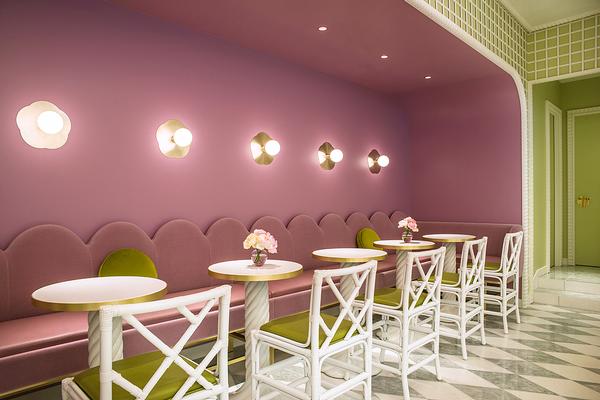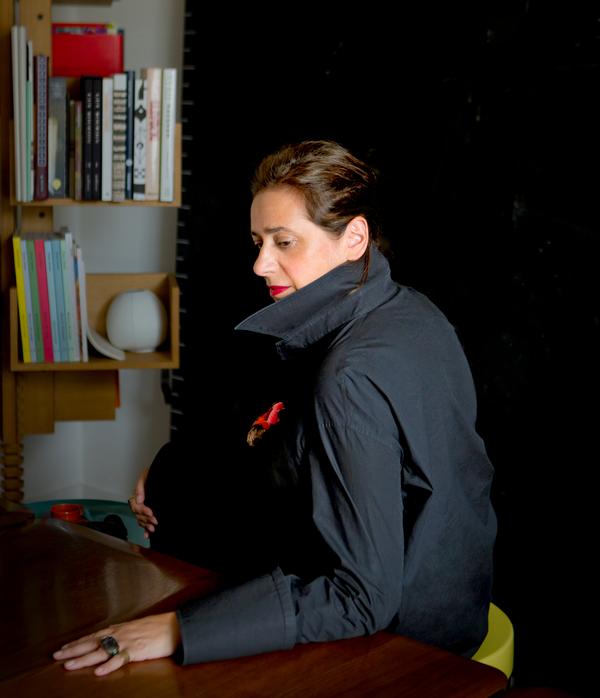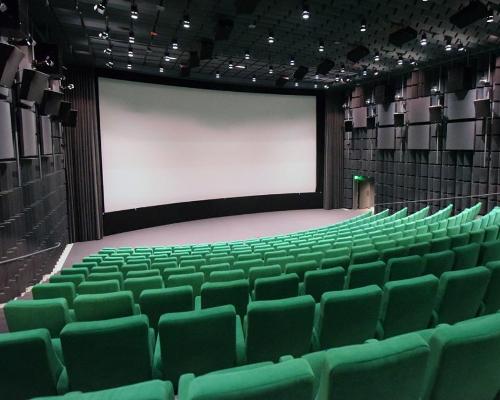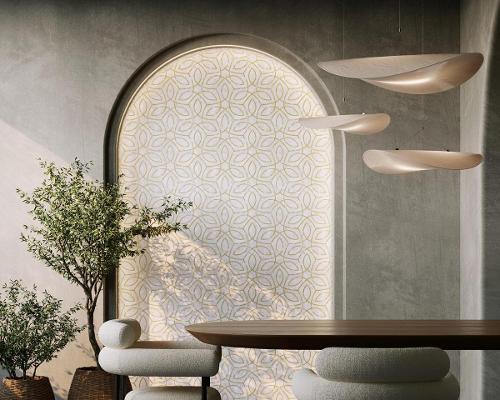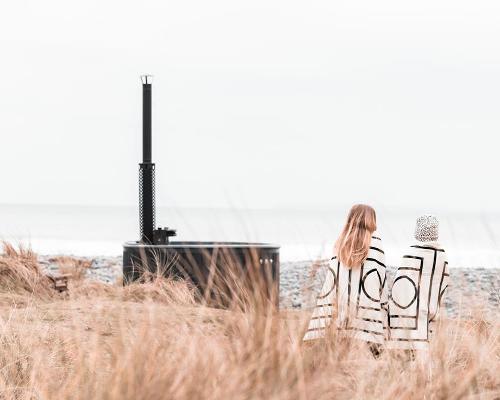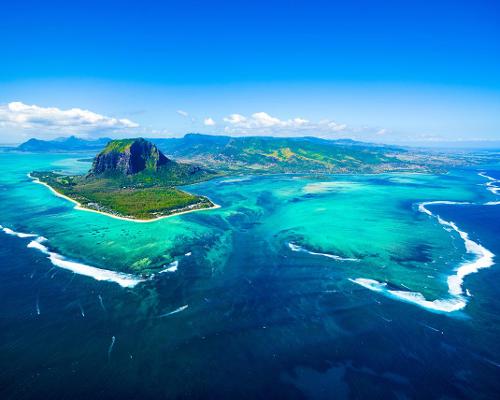CLAD people
Stefano Boeri
Project - Nanjing Green Towers, China
Italian architect and ‘vertical forest’ pioneer Stefano Boeri has unveiled his design for a pair of towers in Nanjing, east China, covered by 1,100 trees and 2,500 cascading plants and shrubs.
The Nanjing Green Towers complex will house a museum, a green architecture school, a private club and offices in one of the buildings, and a Hyatt hotel with rooftop pool in the other.
A 20m (65.6ft) high podium will support the towers and have shops, a food market, restaurants, plus conference and exhibition space.
Around 600 tall trees and 500 medium trees of 23 species will line the building façades, with plants and shrubs also covering 6,000sq m (64,500sq ft). The towers will be characterised by the interchange of balconies and green tanks to support the greenery, following the prototype of Boeri’s famous vertical forests in Milan and Lausanne.
Boeri says this urban forestation will regenerate local biodiversity by absorbing carbon dioxide and producing 60 kg of oxygen per day.
The project is being bankrolled by the state-owned Nanjing Yang Zi National Investment Group. It will be located in Nanjing’s Pukou District as a driver for the wider Yangtze River economic zone.
The project, scheduled for completion in 2018, is billed by the developers as “the first vertical forest in Asia,” although Boeri is also overseeing green schemes in the Chinese cities Shijiazhuang, Liuzhou, Guizhou, Shanghai and Chongqing.
THE ADVANTAGES
Boeri told CLAD how the vertical forest model promotes wellness and creates sustainable urbanisation.
“Research has enabled us to develop building technologies to bring trees high up in the sky, and irrigate them with recycled water,” he said. “This advancement, alongside ongoing analysis of the vegetation that can thrive in these environments, allows us to conceive unique buildings specific to their locations.
“The result is new spheres, where people, trees and animals coexist.”
Boeri said truly environmental architecture is necessary “to induce sustainability and a relationship of symbiosis between man, architecture and nature.”
He said: “One importantº method is the ‘de-mineralisation’ of cities – the multiplication of green surfaces to find a balance between construction and the natural environment. A green surface can reduce the air temperature, sink CO2 levels and reduce noise.”




